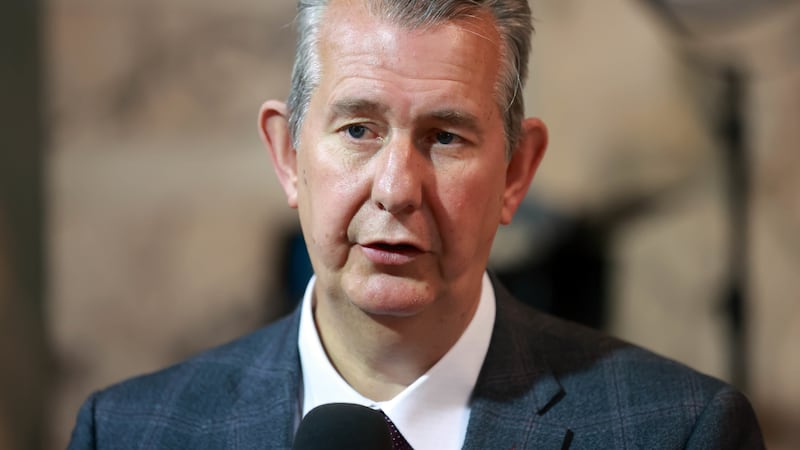I started St Andrews University 51 years ago this week. I was shy, so I plucked up courage and chapped the door next to mine in halls. “Hello, I’m Quintin from Belfast,” I said.
“My name is Salmond, Alex Salmond,” the response came back to me in a conscious echo of the famous James Bond introduction. There began a half century of friendship and political sparring.
We both attended a freshers’ week talk together on what was then dubbed ‘gay liberation’, reflecting afterwards that the frequently deployed term ‘cottaging’ made it all sound quite rural and quaint. He never recoiled from his espousal of that cause, nor of free university education, one of his towering achievements later in office.
We argued continually about nationalism, his Scottish version subtly trying to move away from the much-derided image of crazy Scots in kilts, waving the saltire and singing high-pitched ditties as they marched through the heather – ‘tartan Tories’ as we relentlessly teased. But he wanted to understand and learn more about Irish nationalism, how to ditch the ‘blood and soil’ adherents, in search of what became known as ‘civic nationalism’. I vividly recall asking him how his independence for Scotland would be achieved, and he was firm in his conviction that a simple majority of the then 72 Scottish MPs would surely suffice; no talk of referendums then.
Later, when he worked as an economist at the Royal Bank of Scotland, and I as a welfare rights adviser in Lanarkshire, he took me to lunch in Edinburgh: “Quintin, as a perceived Protestant (we were both avowed atheists), tell me how you operate in working class Catholic areas of the west of Scotland? How can you achieve success in local government, in the Orange / Green of football and in the dominant Labour Party?”
This was an early move to shift his Scottish National Party (SNP), from also being perceived as both Protestant and irrelevant to Scotland’s central belt, to its later all-encompassing reach into Scottish life. He followed my work in Clydeside Action on Asbestos, campaigning for the victims of that pernicious substance, three decades later attending its anniversary as first minister with me, trumpeting his support in the heart of working class industrial Glasgow.
In 2014′s independence referendum we were on opposite sides. In our university discussions I asked him why he wanted to partition his island, while seeking to undo the partition of mine?

“Ah, but that’s different,” he retorted, “We can reconnect Dalriada in a new alliance of small nations!”
Now, it was for real – he was master of all he surveyed, positive and visionary. If anything, too much so, as voters could see through the gushing naiveté of milk, honey and whisky flowing freely; we, in Better Together, however (where I advised on referendum strategy) were unrelentingly negative, if anything also too much so, promoting Project Fear to undermine the Yes case.
I was never in doubt about the 55:45 result against independence, not least because each Friday I took a bus up to the Highlands for a weekend break, canvassing the 40-50 passengers, of whom four or five sported Yes badges, but almost all the rest promised a No vote – the silent, sullen majority.
Alex was confident, ebullient, quick-witted and fun, at his best. Nevertheless I also observed his weaknesses, if not ever his darker side of predatory behaviour towards women, which dogged his last decade. He insisted on the last word in argument, his self-confidence tended towards arrogance, fools were never suffered gladly, and he brooked no compromise amongst friends. For example, when we both returned to St Andrews University for the honorary graduation of Mary Robinson (on whose Irish Presidential Council of State I then served), he expected me to arrange a (very public) private meeting for him with her on campus for SNP purposes, to promote the then triumphant Celtic arc of prosperity. I demurred; he expostulated.
The ultimate irony was Alex’s sad death in North Macedonia, on whose 2018 name change referendum I advised. Like the 1979 poll on Scottish devolution, we both won the vote, but lost on the technicality of low turnout; he would have enjoyed that repeating circle of life.
:: Quintin Oliver ran the Yes Campaign in the 1998 Good Friday Agreement Referendum.









